Old South Meets Far East and Jewish Country Club Set
When home decorating mogul Harry Dwoskin practiced L’dor V’dor, daughter Jean Dwoskin Lawson took that literally.
After 37 years with the Atlanta Journal-Constitution and now with the AJT, , Jaffe’s focus is lifestyle, art, dining, fashion, and community events with emphasis on Jewish movers and shakers.
When home decorating mogul Harry Dwoskin practiced L’dor V’dor, daughter Jean Dwoskin Lawson took that literally. Today after inheriting her parent’s Peachtree Road condo, Jean’s door was transported from the original Dwoskin manse on Sussex Road in Morningside, but not so easily. After 50 years, it had to be grandfathered in by the condo board because of its intricate carving, hand rubbing, gold leafing, and 10 layers of lacquer.
Jean’s family tree of Harry Dwoskin’s side and the Hyman Jacobs clan were among the original co-signers of Ahavath Achim Synagogue. Father-in-law Bernie Feldman owned Butler Shoes.
Today, with daughter Julie Feldman Roberts, who has a background in retail, they reminisce about the “good old days” basking in the sunroom at the Sussex homestead, which still stands today.
The Peachtree condo combines treasures from the Dwoskin showroom on Peachtree Road as well as collections from Asia and circa 1700 Americana pieces. Harry, who was friends with world famous architect Philip Shutze, knew what he liked, spared no expense, and went after it. Jean, who was human resources manager at Saks Fifth Avenue, enhanced the décor with her needlepoint, Parisian Limoges collections and taste for exotic wallpaper.
Step into historic Jewish Atlanta.
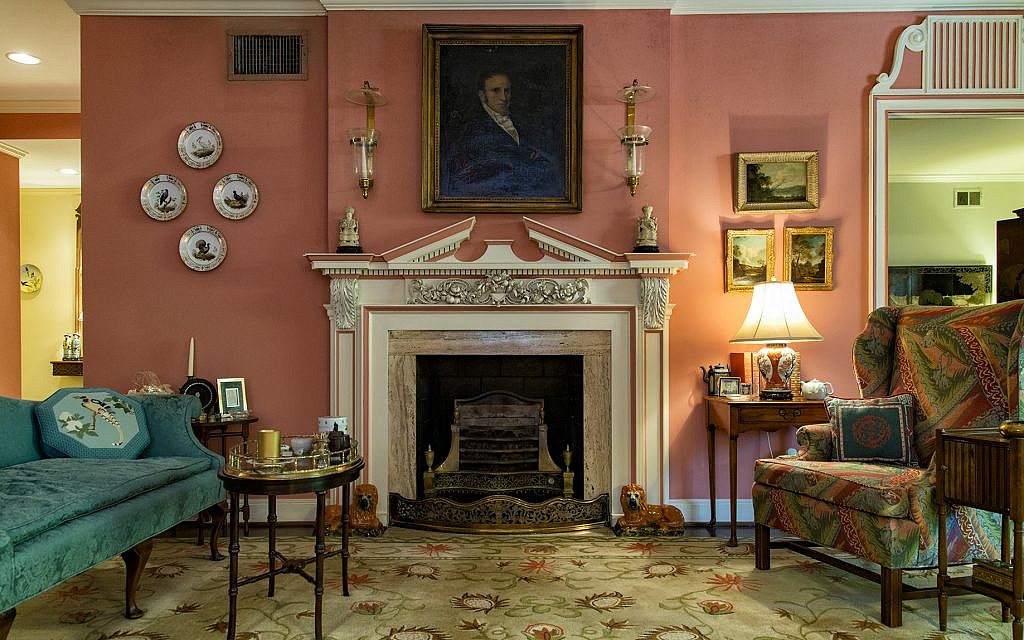
Marcia: What was life like 60 to 80 years ago?
Jean: We belonged to all three Jewish country clubs. The Dwoskins played golf, but it was not my scene. Grandfather Dwoskin was an apprentice in gold leafing and was paid 13 cents an hour to craft much of what still stands at the Swan Coach House.
When we came to Grand Mary’s Sussex house for brunch, we listened to the phonograph. I also remember the first rendition of “Fiddler on the Roof” some years later. Grand Mary liked to shop at Rich’s where this set of fans originated. We grandchildren were not allowed on this living room sofa (now here) upholstered with $300-a-yard fabric.
Julie: (laughing) That’s equivalent to $4,000 a yard today!
I recall running around the Dwoskins’ store and playing on the red round sofa on the showroom floor. We used to swing the panels of fabric in the wall like book pages.
Thus you see the watercolor of the showroom by Leiber Freedenthal.
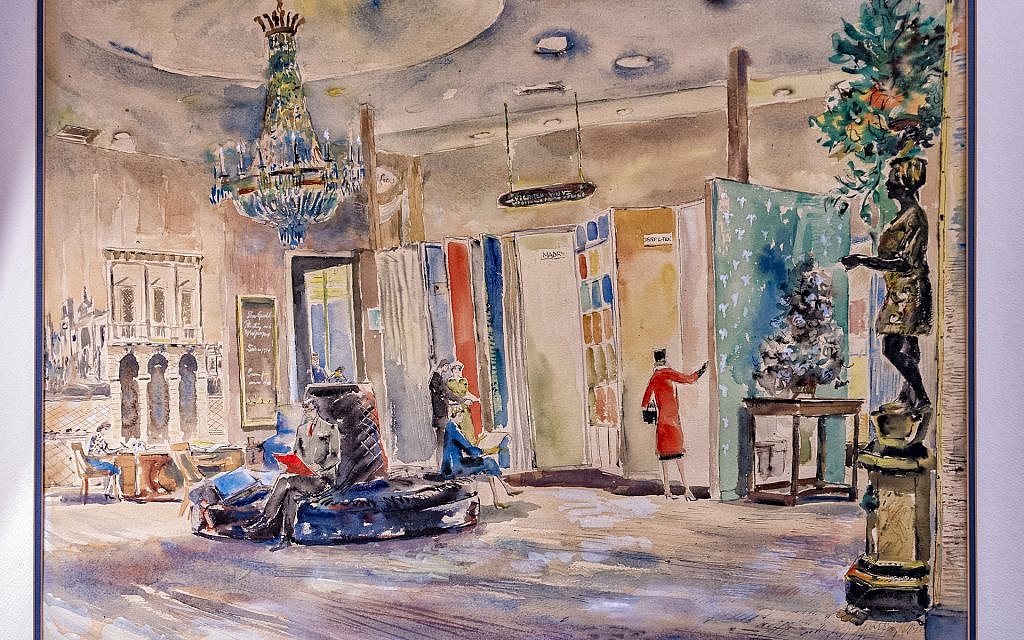
Marcia: What are the sentimental things you brought over from the Sussex Road house?
Jean: We all had our baby namings at Ahavath Achim and wore this very elaborate lace gown, which I have framed. Many of the chandeliers like the black Waterford were installed here. Some are Dresden.
The carp soup terrine is an Asian omen for having one in a pond for each child.
My master bedroom trash receptacle is their Waterford crystal champagne bucket. The 1760 Plantation desk of Dad’s has secret compartments. Grandma Feldman’s oil over the fireplace is on “permanent loan” to me. The 17th century blackamoor is holding an oar. These European figures of African males are now viewed as culturally insensitive, but many famous people collected them.
My portrait at age 34 by Freedenthal is very special. He owed Dad money and felt compelled to return the favor.
Julie: Yes, as a 10-year-old, I remember her sitting for that painting.
The Ionic columns and the ancestral pair in the entrance painted with watercolor on silk were Grandmother’s.
Sherle Wagner fixtures were installed here, which were, at that time, considered precious.
A family secret is the guest room re-created from Grand Mary’s private room, which she established for herself because Grandfather snored.
In addition to the Sussex house, we have a few pieces bought at auction from New York’s Radio City Music Hall.
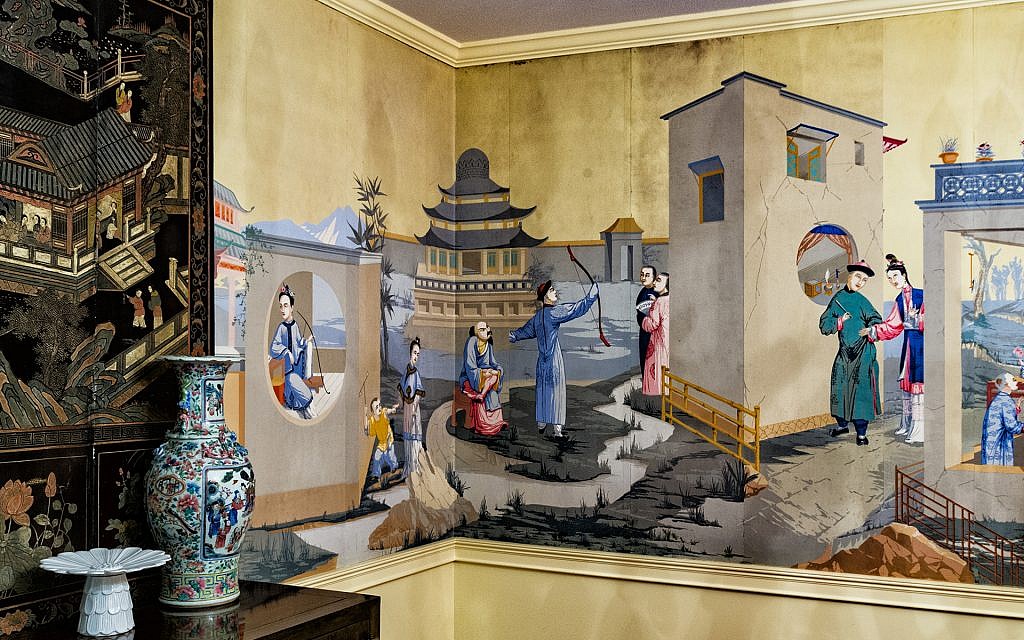
Marcia: You are “wallpaper royalty.”
Jean: All the closet interiors are done with very fine wallpaper, but the most special is the dining room paper, which is actually canvas and was rehung here from the Sussex house. I do believe the story it tells is out of order (laughing). Notice that since there is no natural light in the dining room, Dad put in these fake window frames.
The guest room has a familiar Schumacher toile. My master bedroom, which is not papered, is painted a vibrant red to match my 1960 Cadillac.
The entrance hall cove behind the Kunian (goddess of love) statue is papered with 50-year-old Asian tea box wallpaper.
Marcia: How did your parents decide who got what?
Jean: Items were catalogued with a dollar value; then we drew straws.
Antiques, furniture and books, many of which are collectable first editions, could not be split up. They particularly liked collecting Asian paintings on glass and mirrors.
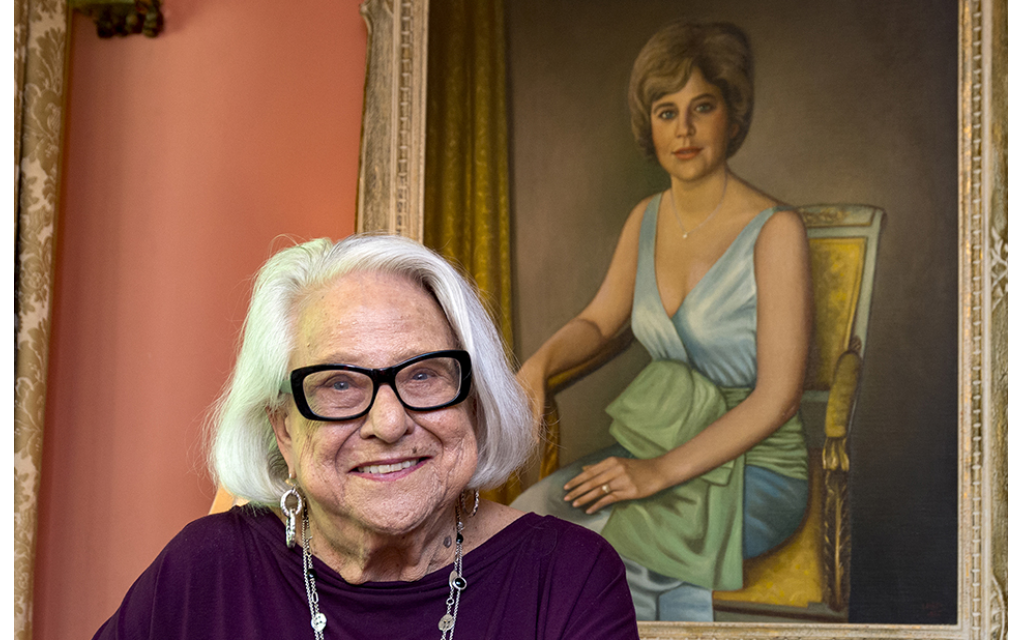
Marcia: Julie, what was it like growing up with a fashion maven? And what do you want to inherit?
Julie: Actually I was the fashion maven (being a personal shopper at Bloomingdale’s) and dressed her. Mom’s specialty was men’s shirts and ties. I got hooked on fashion at 15 when I worked at Saks as a stock girl. We got a great discount!
And yes, I think Jewish women are into fashion and like to have wardrobe items that no one else has. They also like it uniquely put together.
Today I work for [The] RealReal, a designer resale website which authenticates items like Rolex watches, Chanel handbags, Hermes, Vuitton, which have been authenticated. I go into people’s homes to evaluate the items.
In honor of Mother’s Day, we were joking about our pillow that says, “Mirror, mirror on the wall, I am my mother after all.” And I’d like to inherit her crocodile Judith Leiber purse, thanks for asking.



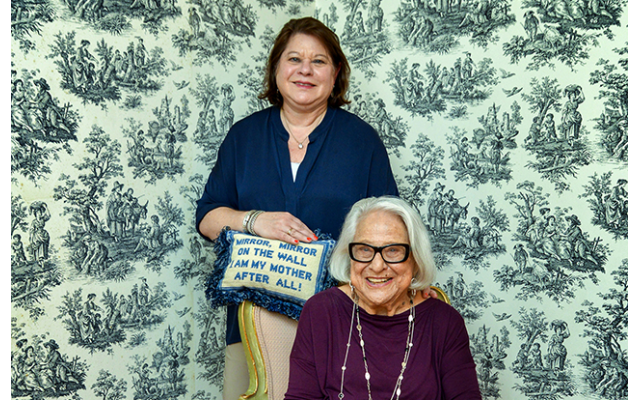
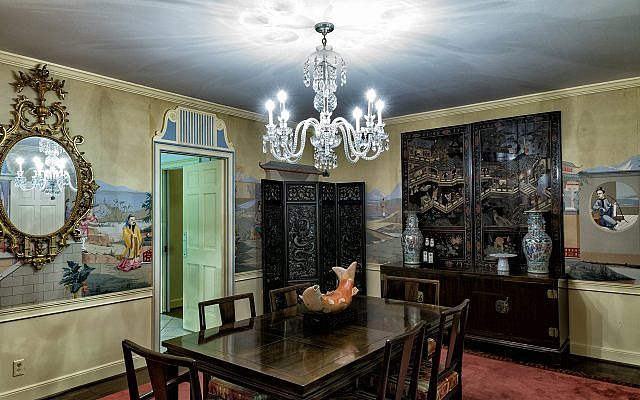
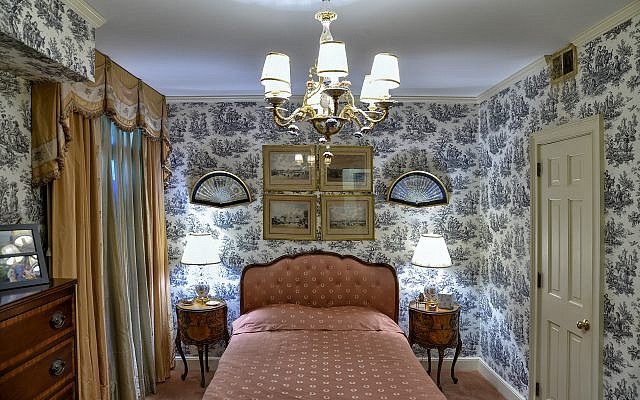
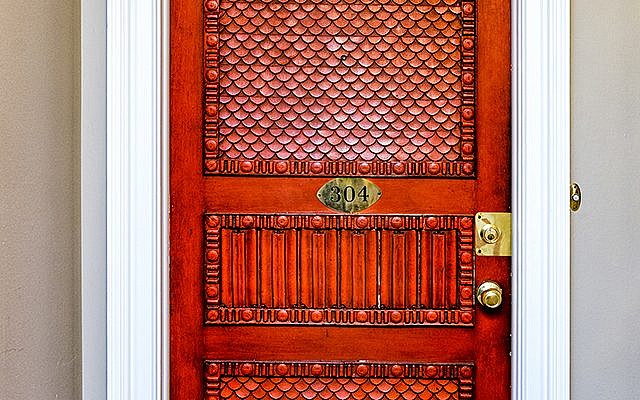
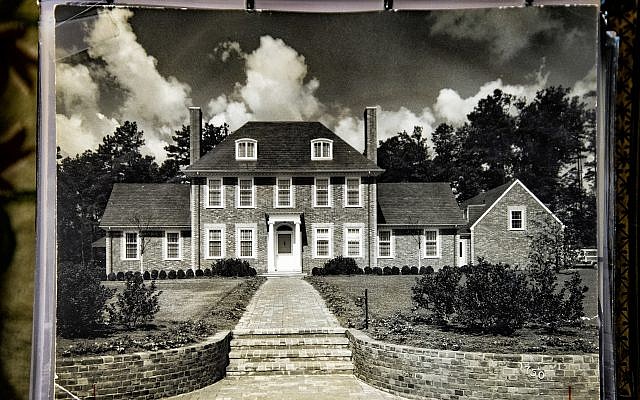
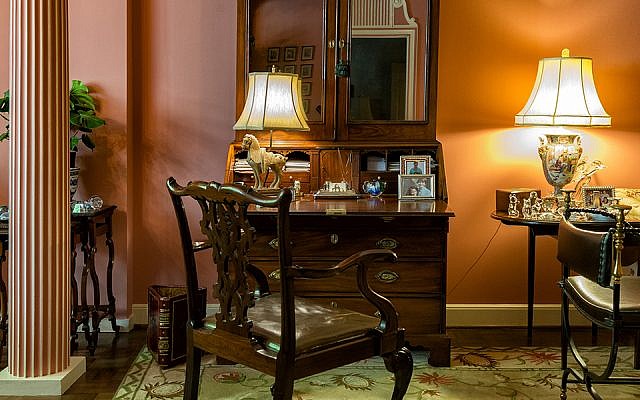
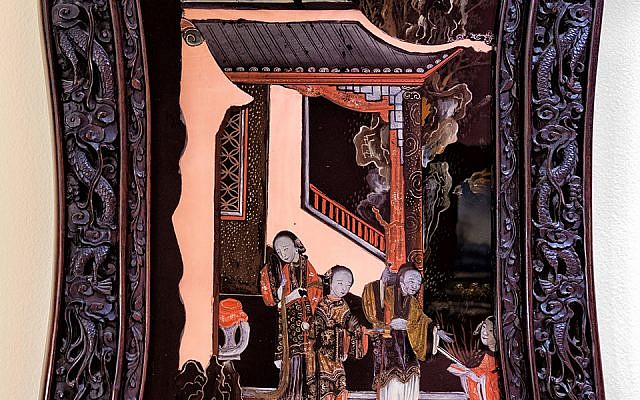
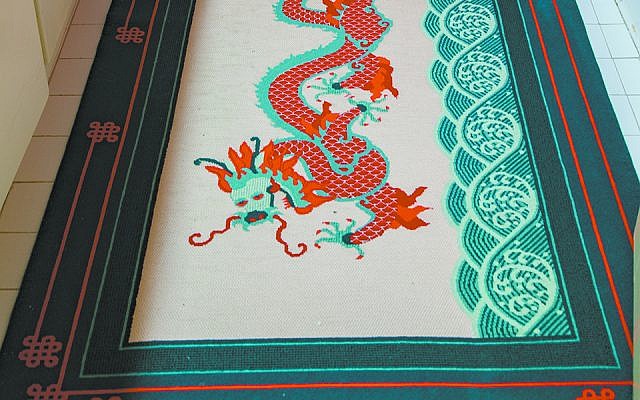
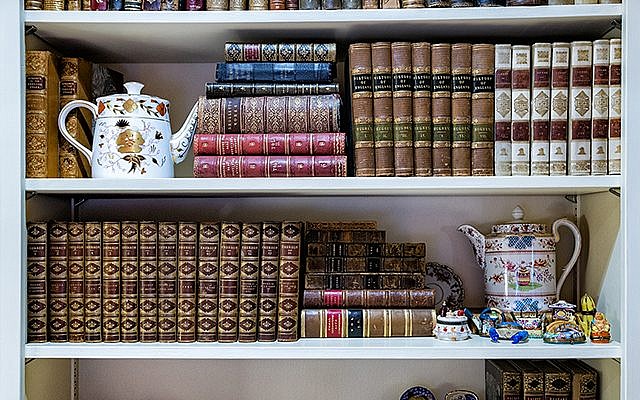
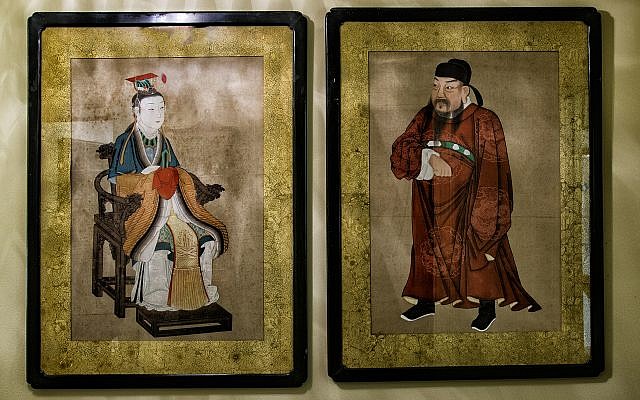
comments